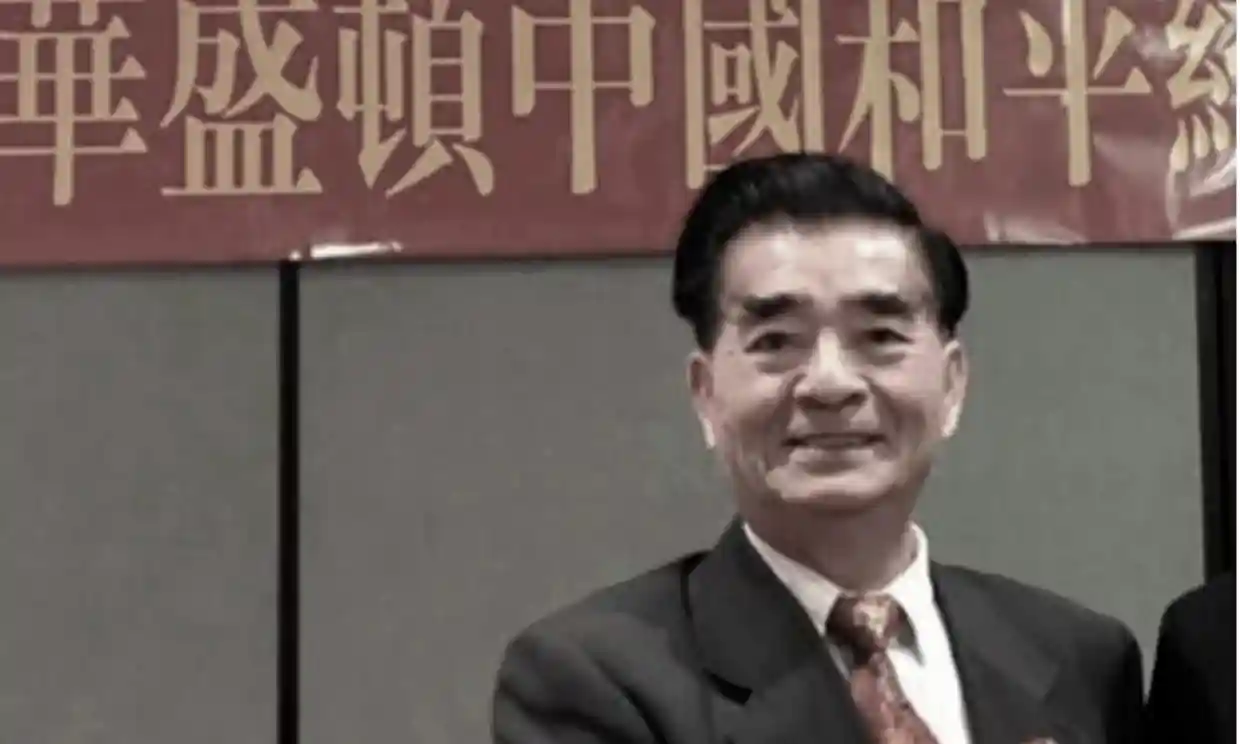
John Shing-wan Leung, 78, has been sentenced to life in prison by China.
THE GUARDIAN SCREENSHOT
According to AFP, on May 15, a Chinese court announced that it had sentenced to life imprisonment Mr. John Shing-wan Leung (78 years old), a Hong Kong permanent resident with an American passport.
The Intermediate People's Court in Suzhou city, Jiangsu province, eastern China, said Mr Leung was "convicted of espionage, sentenced to life imprisonment and deprived of political rights for life".
Suzhou authorities “took compulsory measures in accordance with the law” against Mr. Leung in April 2021. However, the court statement did not specify when Mr. Leung was detained or where he was staying when he was arrested.
A spokesperson for the US Embassy in Beijing said they were aware of reports that a US citizen had been sentenced in Suzhou. "The State Department has no higher priority than the safety and security of US citizens abroad," the spokesperson said.
"Due to privacy concerns, we have no further comment," the spokesperson said.
The Chinese court's statement did not provide further details about the charges and the case was heard behind closed doors.
Chinese Foreign Ministry spokesman Wang Wenbin declined to comment further on the incident at a regular press conference on May 15.
The sentencing of Mr Leung is likely to further strain already strained relations between Beijing and Washington, which recently ended a long period of non-communication after the US shot down a Chinese spy balloon in February.
Last week, US National Security Adviser Jake Sullivan and China's top diplomat Wang Yi, director of the Office of the Foreign Affairs Commission of the Communist Party of China Central Committee, held eight hours of talks in Vienna, Austria. Both sides said the meeting was "frank, substantive and constructive."
China, Canada "tit for tat" diplomatic expulsions
US President Joe Biden is scheduled to travel to Hiroshima, Japan, this week to meet with G7 leaders. The G7’s relationship with China will be a key issue on the agenda at the G7 summit on May 19-21.
In April, China approved amendments to its anti-espionage law, broadening its scope by expanding the definition of espionage and banning the transfer of any data related to what the government determines to be national security. The changes to the law will take effect on July 1.
Source link


































































































Comment (0)